WATERVILLE — Maine is to receive $5.5 million in federal money to expand affordable, reliable high-speed internet service in the state, primarily targeting rural and tribal communities, officials announced Thursday at Thomas College in Waterville.
Maine is the first state to receive the money as part of the Internet for All initiative promoted by the administration of President Joe Biden. The initiative is part of the massive federal infrastructure bill approved last year that earmarks $65 billion for broadband improvements meant to give every American access to high-speed internet service.
The funding for Maine was announced at a gathering at Thomas College in Waterville attended by Gov. Janet Mills and Andrew Butcher, president of the Maine Connectivity Authority. April McClain-Delaney, an administrator with the National Telecommunications and Information Administration, announced the funding.
The announcement was held at Thomas because the college was hosting a two-day conference — the Maine Broadband Summit. The push to fund statewide internet access drew comparisons to the effort in the 1930s to bring electricity to rural America.

Andrew Butcher, president of the Maine Connectivity Authority, answers questions from the media Thursday at Thomas College in Waterville. Rich Abrahamson/Morning Sentinel
McClain-Delaney said NTIA officials visited Blue Hill in April and announced a grant for the authority that would provide nearly 12,000 homes statewide with internet service. But McClain-Delaney said after the visit she felt more needed to be done for Maine’s rural and tribal regions in particular.
“You shouldn’t have to choose between living in the place you grew up in and love, and the job that you want …,” she said. “Thanks to this Bipartisan Infrastructure Law, we finally have the resources to do something about it.”
She said the $5.5 million will go toward the deployment of high-speed internet statewide, identifying which communities most need the federal funds and how to get them connected. A portion of the money will be used for training to navigate in a digital economy.
“The planning grants might not seem that exciting, but actually they’re transformational and they’re essential,” McClain-Delaney said.

April McClain-Delaney, an administrator for the National Telecommunications and Information Administration, addresses the audience Thursday at Thomas College in Waterville. Rich Abrahamson/Morning Sentinel
Mills said the funding lays the foundation for her promise made in a state address earlier this year to provide every person in Maine who wants an internet connection with access to one by the end of 2024.
“What makes Maine so special is in many ways also what makes it hard for people to access high-speed internet,” said Mills, referencing the state’s geographic features.
The state has already received millions of dollars to expand broadband access. For instance, the authority in February received $28 million in federal assistance as part of the federal coronavirus relief act of 2020.
That money included a $167,000 grant for each of five Native American tribes in Maine for broadband. Mills said Thursday that the isolation of tribal communities makes them in particular need of support to close the “digital divide.”
Fred Corey, 55, the IT director for the Micmac tribe of Aroostook County, said internet speeds for his community of 1,400 people are so slow that young people living there ask themselves, “Can I stay and live in my cultural community, or do I have to leave to find work?”
Corey said he hoped Thursday’s announcement would mean the authority starts to take advantage of federal funding to get underserved communities the resources they deserve, so young people can stay and work in the communities they grew up in. “Maine needs to be aggressive,” he said. “Now is the time.”
The authority is partnering with 13 different regional and tribal broadband partners, each serving a particular region or tribal reserve.
Copy the Story LinkSend questions/comments to the editors.

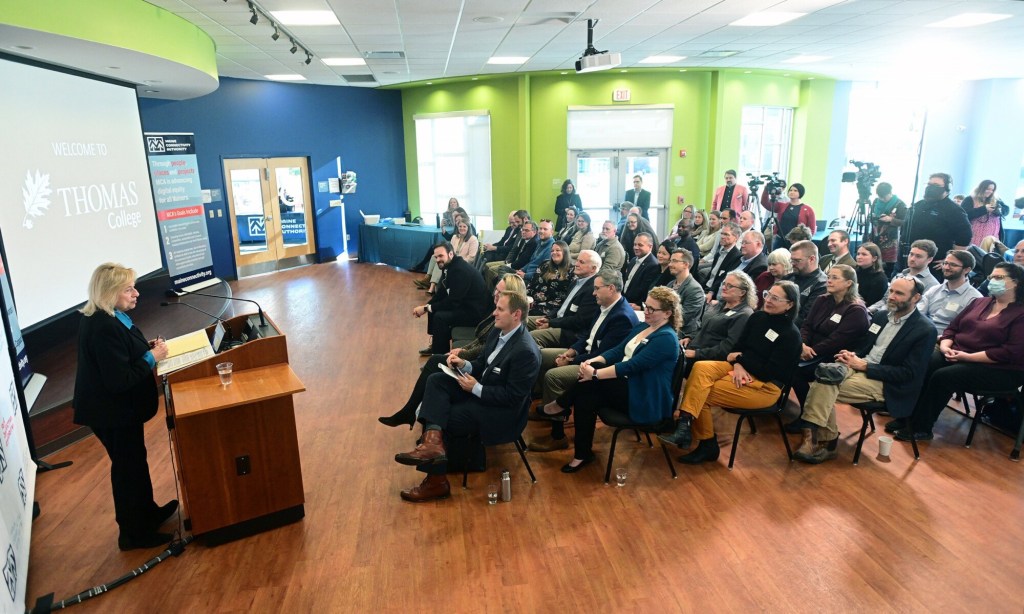
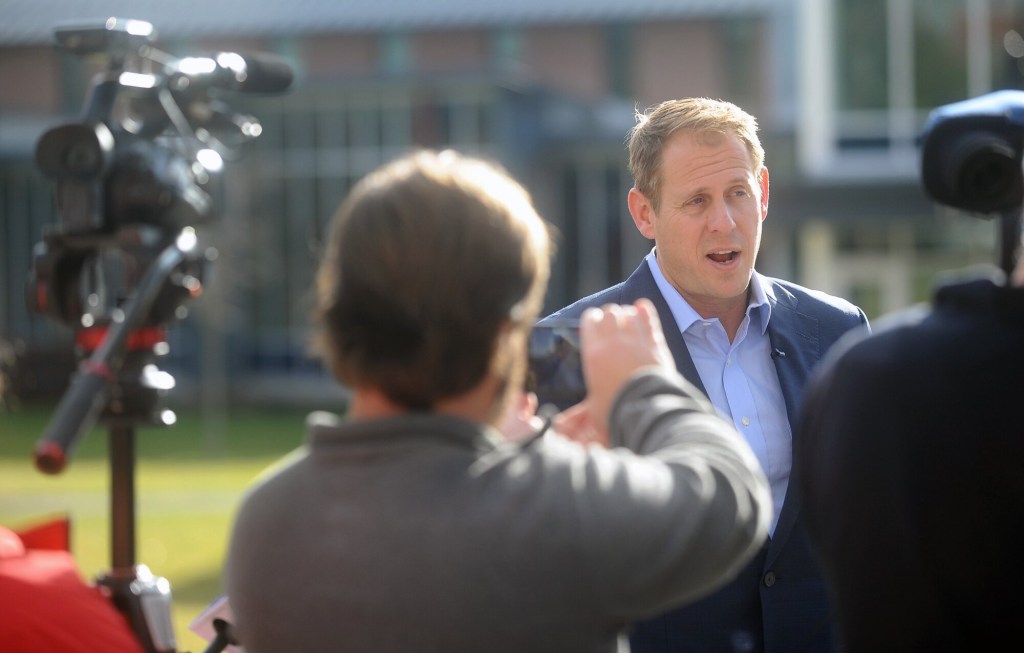
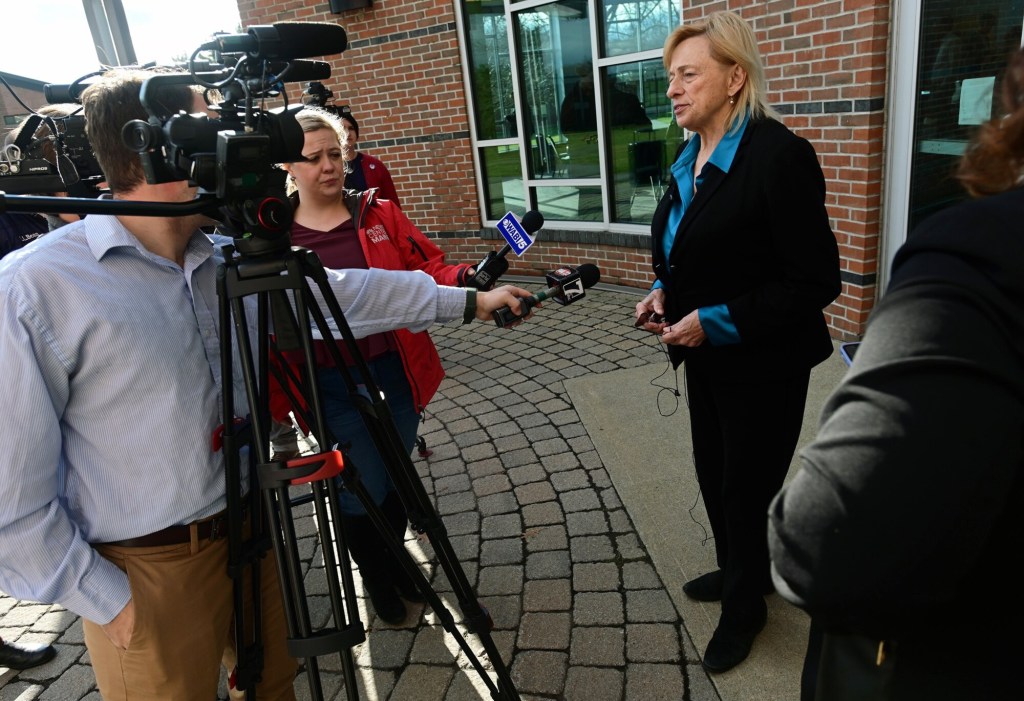
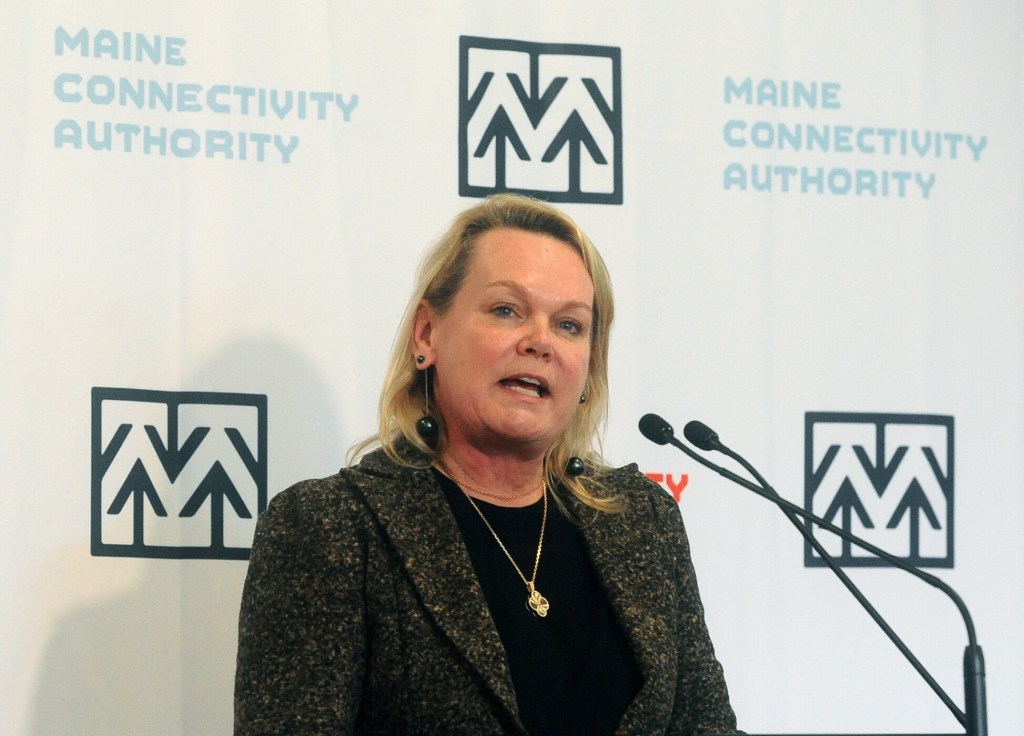
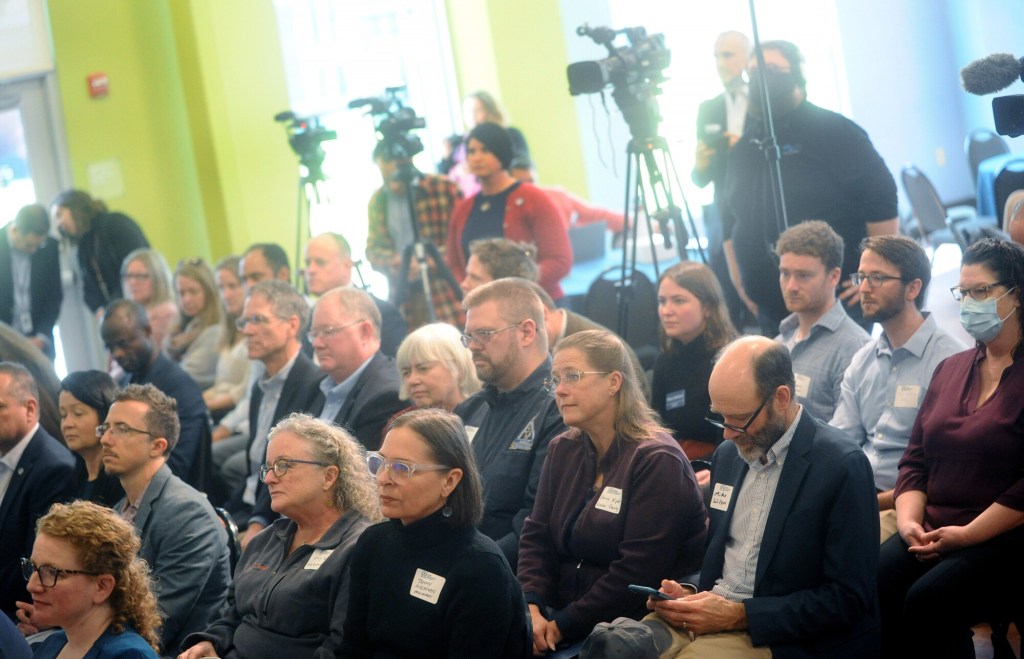
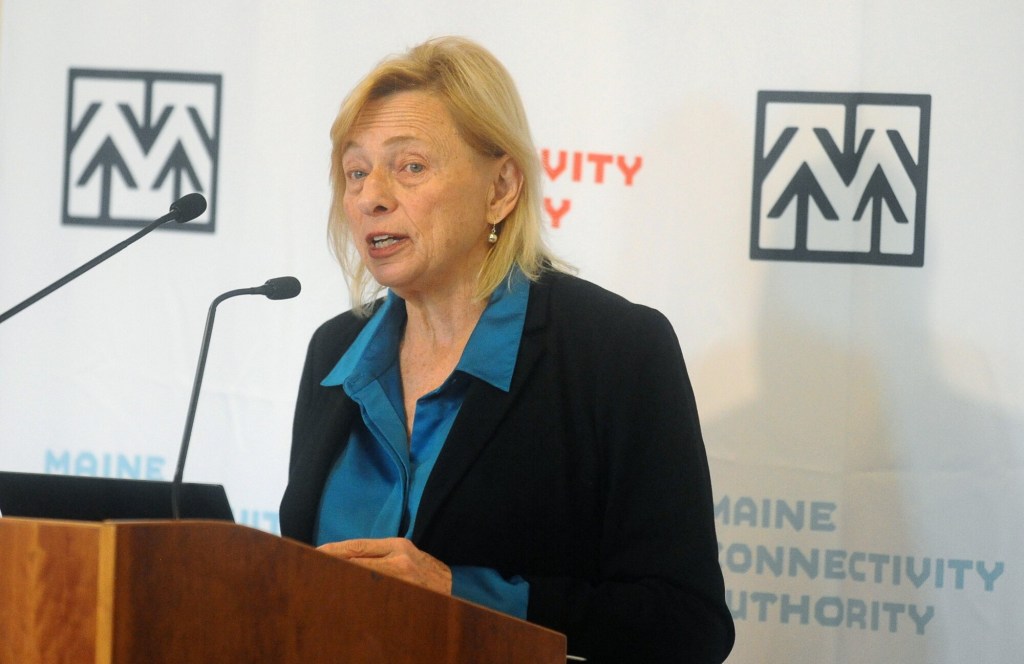

Success. Please wait for the page to reload. If the page does not reload within 5 seconds, please refresh the page.
Enter your email and password to access comments.
Hi, to comment on stories you must . This profile is in addition to your subscription and website login.
Already have a commenting profile? .
Invalid username/password.
Please check your email to confirm and complete your registration.
Only subscribers are eligible to post comments. Please subscribe or login first for digital access. Here’s why.
Use the form below to reset your password. When you've submitted your account email, we will send an email with a reset code.